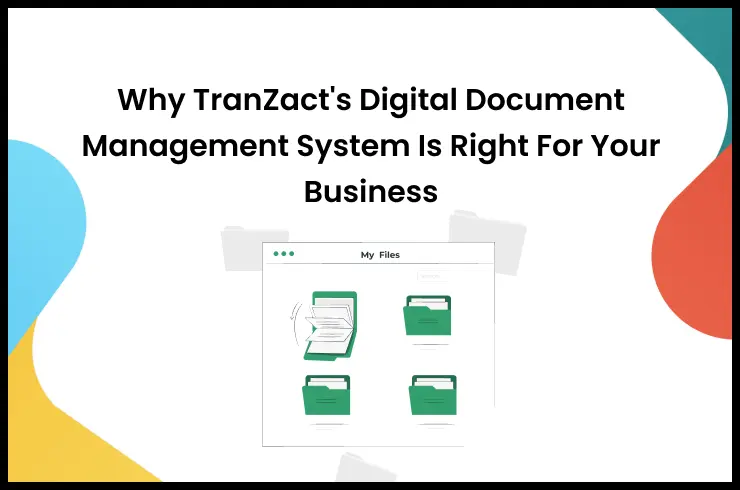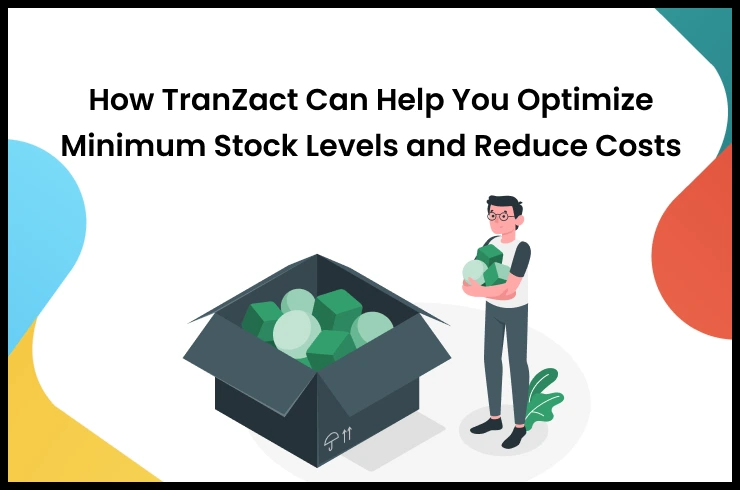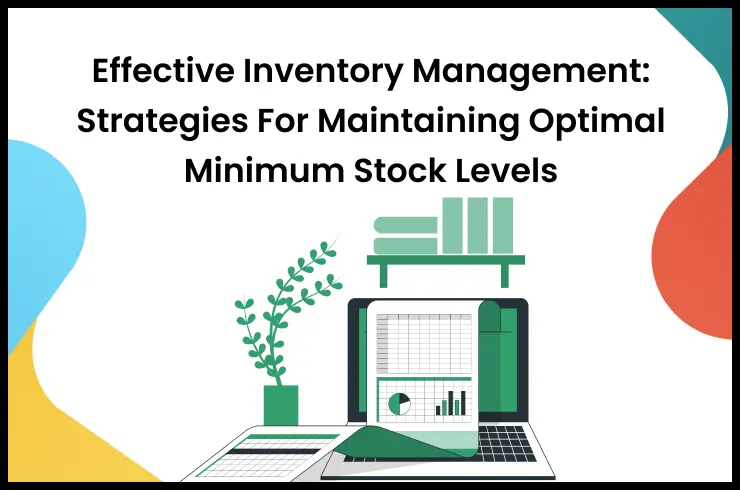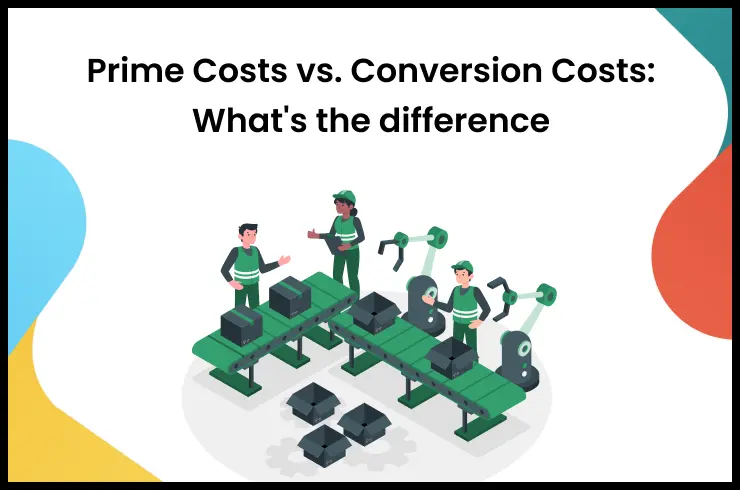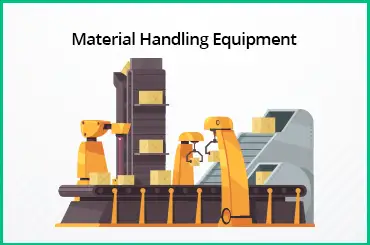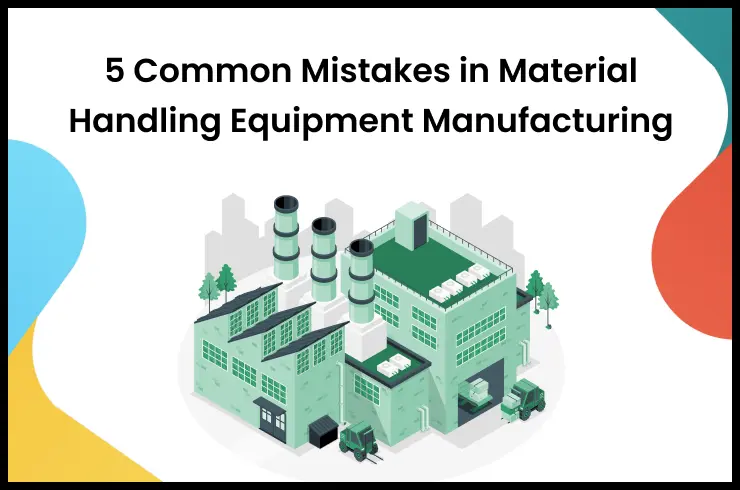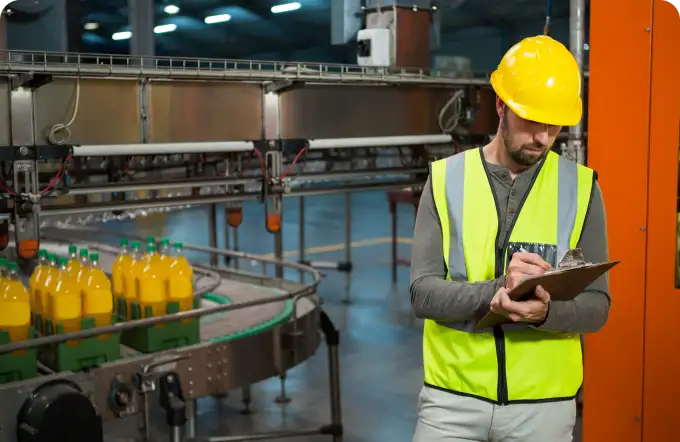Blockchain in manufacturing has emerged as a game-changer. With its decentralized and transparent nature, blockchain has the potential to revolutionize the manufacturing industry. It helps streamline processes, enhancing data security and enabling new levels of collaboration.
Blockchain technology transforms traditional manufacturing practices from supply chain management to product authentication. It paves the way for a more efficient, secure, and interconnected future.
In this article, we will explore the impact of blockchain in manufacturing, examining its key benefits, real-world applications, and the potential challenges and opportunities it presents.
What Is Blockchain?
Blockchain technology revolutionizes industries by providing a distributed, tamper-proof ledger of transactions or data. It ensures transparency and reliability, making it ideal for tracking supply chain transactions in manufacturing.
Unlike centralized systems, blockchain operates on a decentralized network where multiple copies of the blockchain are stored across various users. This redundancy ensures reliability even if a node fails.
Each transaction undergoes verification by numerous users before being added to the blockchain, and cryptographic mechanisms safeguard the integrity of the data. Blockchains can be public or private, with authorized access to the latter.
Smart contracts, implemented in software and stored on the blockchain, automate processes based on predefined rules. They enhance trust and enable secure transactions even between unfamiliar entities.
With these capabilities, blockchain in the manufacturing industry empowers professionals with improved traceability, efficiency, and collaboration.
Blockchain in Manufacturing: Key Takeaways
- At its core, a blockchain is a decentralized database that securely records all transactions among a specific group of users, ensuring transparency and preventing unauthorized alterations.
- Manufacturers stand to benefit significantly from blockchain technology as it presents opportunities to optimize their operations and enhance supply chain transparency. It helps them to effectively manage valuable assets.
- One of the key strengths of blockchain lies in its ability to facilitate trusted interactions within a manufacturing ecosystem.
- Beyond its primary applications, blockchain can be leveraged in diverse scenarios, such as ensuring regulatory compliance, combating counterfeiting, and monitoring sustainability efforts.
Blockchain in Manufacturing Explained
As per a research report by Mordor Intelligence, blockchain in the manufacturing industry is expected to witness a CAGR (compound annual growth rate) of 76.26% by the year 2028. Blockchain can be crucial in tracking diverse parts throughout the manufacturing process. Take the example of automakers who rely on thousands of components from various sources.
While they are ultimately responsible for the car's reliability and safety, identifying and replacing problematic parts during a product recall can be challenging. Implementing a private blockchain within the automotive industry allows manufacturers to track component information from all suppliers.
As vendors generate and ship components, they record the relevant details as blockchain transactions. Additional information is added as the components are inspected and integrated into vehicles.
When an issue arises, the manufacturer can swiftly pinpoint the source of the problematic part, identify affected vehicles, and trace the component's journey throughout the manufacturing cycle.
It empowers the manufacturer to promptly address problems, enabling faster resolutions and minimizing potential risks.
Benefits of Blockchain in Manufacturing
Blockchain in the manufacturing market offers numerous advantages; it introduces enhanced operational transparency, accelerated processes, and improved efficiency. It ensures bolstered trust among collaborating entities.
As an example, think about a blockchain platform intended to track interactions between manufacturers, business partners, and suppliers.
With proper authorization, manufacturers can access real-time visibility into all transactions conducted with their suppliers. It enables a comprehensive historical record of their collaborative endeavors with each business partner.
To illustrate, let,s look at an example of the Tea Board of India. It is considering the implementation of blockchain in the manufacturing supply chain to enhance traceability. It aims to address issues related to tea quality degradation caused by adulteration.
By leveraging blockchain, a comprehensive record can be maintained at each stage of the supply chain, promoting accountability and enabling authorities to identify and eliminate problematic areas.
It enables the enforcement of service-level agreements through smart contracts and facilitates certification and traceability of product origin and authenticity. This enables seamless audits and even supports invoice financing.
5 Ways Blockchain Can Improve Manufacturing
Implementing blockchain technology in manufacturing brings about significant enhancements across multiple aspects. Its ability to provide a reliable and verified single data source offers valuable advantages.
Here are five key ways blockchain can revolutionize the manufacturing industry:
1. Enhanced Traceability
By leveraging blockchain, manufacturers gain a detailed audit trail of component transactions, enabling end-to-end visibility and verification of their supply chain. It ensures the use of genuine components and facilitates tracking product issues back to their source.
2. Streamlined Inventory Management
With blockchain, manufacturers can rely on accurate records of shipments and receipts, eliminating manual errors and simplifying inventory tracking. It optimizes perishable goods management and ensures prompt replenishment to meet demand.
3. Strong Data Security
Well-implemented blockchain solutions provide a high level of data security. Transactions undergo multiple verifications and once added to a private blockchain, the data becomes tamper-proof.
4. Automated Payments
Smart contracts enable automated payment execution based on predefined conditions. It minimizes manual efforts and reduces the risk of payment errors. For instance, maintenance providers can be paid automatically from a digital wallet when they fulfill contractual obligations.
5. Efficient Human Resources (HR) Management
Blockchain facilitates the management of labor-intensive HR tasks. Companies can use blockchain to accurately track work hours and remunerate seasonal or part-time workers. Additionally, blockchain has the potential to authenticate employment histories, enabling quick and reliable verification of candidates' accomplishments by prospective employers.
7 Use Cases for Blockchain in Manufacturing
Blockchain in manufacturing use cases are prominent examples of how they enable the tracking of supplies and ensure regulatory compliance.
However, blockchain's potential extends further into manufacturing operations, encompassing maintenance, quality control, and inventory management. Refer to this section to know more:
1. Streamlined Supply Chain Coordination
Blockchain facilitates the tracking of parts from multiple suppliers, providing a verified source for updates and supply status. It enables efficient management of replenishment and supplier payments while granting appropriate permissions to access specific data subsets.
2. Authenticity Tracking
Blockchain helps combat counterfeit products and supply chain fraud by ensuring the traceability of materials from their original suppliers. Manufacturers can verify the authenticity of components throughout the supply chain journey.
3. Compliance and Responsible Sourcing
Complex regulatory requirements and ethical sourcing concerns are addressed through blockchain. For instance, a major automaker implemented blockchain to manage compliance documentation for thousands of parts, enabling adherence to industry-specific and national safety and environmental regulations.
4. Equipment Maintenance
Blockchain automates scheduled maintenance and improves asset utilization by leveraging IIoT (Industrial Internet of Things) data. Smart contracts reduce downtime by initiating maintenance as per existing machine conditions and contractual agreements.
5. Product Lifecycle Monitoring
Blockchain enables comprehensive tracking of products and components, even after customer delivery. Manufacturers can identify and trace problems, such as component failures, while gathering valuable data on components' historical reliability and performance from various suppliers.
6. Inventory Management
A shared blockchain among manufacturing facilities, warehouses, and partners provides a centralized inventory information source. Manufacturers can monitor stock levels and delivery schedules, and adjust orders based on demand, optimizing inventory management and supplier coordination.
7. Quality Control in Manufacturing
The blockchain creates a permanent record of materials quality and inspection results across the entire production process. This information aids in identifying the source of issues post-delivery, which is particularly crucial for sectors like food manufacturing, where safety and swift problem resolution are vital.
These seven blockchain use cases in manufacturing enhance supply chain management by reinforcing the above quality control measures.
Automate Inventory Data Management With TranZact for Blockchain-like Efficiency
TranZact empowers businesses with a comprehensive, real-time inventory perspective across all locations. This seamless solution enables companies to optimize inventory levels, enhance customer satisfaction, and unlock capital for business expansion.
Leveraging TranZact's cloud-based software, SME businesses can effortlessly monitor orders, sales, and inventory movements throughout the entire inventory life cycle. By eliminating time-consuming manual processes prone to errors, TranZact streamlines operations, boosting efficiency and driving business growth.
TranZact is a gamer changer in the manufacturing industry as it provides smart dashboards for simplified audits across the supply chain. It facilitates seamless inventory control, and quality assurance, and automates data management and transactions for SME manufacturers.
FAQs on Blockchain in Manufacturing
1. How can blockchain technology benefit the manufacturing industry?
Blockchain technology offers numerous advantages in manufacturing. It can enhance supply chain transparency and traceability by enabling manufacturers and their partners to track transactions. Additionally, blockchain has the potential to streamline inventory management, improve maintenance processes, and enhance quality control in manufacturing operations.
2. How is blockchain utilized in supply chain management?
The blockchain serves as a powerful tool for supply chain management in manufacturing, enabling manufacturers to track and record all supply chain transactions among business partners. Manufacturers can maintain a comprehensive historical record by leveraging blockchain's capabilities, encompassing their relationships with suppliers and other crucial supply chain information.
3. Which industries utilize blockchain technology?
Blockchain technology finds applications in sectors with complex supply chains and stringent compliance requirements, such as aerospace and automotive manufacturing. Additionally, industries like finance and healthcare have embraced blockchain for its transformative capabilities.
4. What are the three components of a blockchain?
Three blockchain components are Cryptography, Peer-to-Peer Networks and Hash Codes, and Consensus Algorithms.








